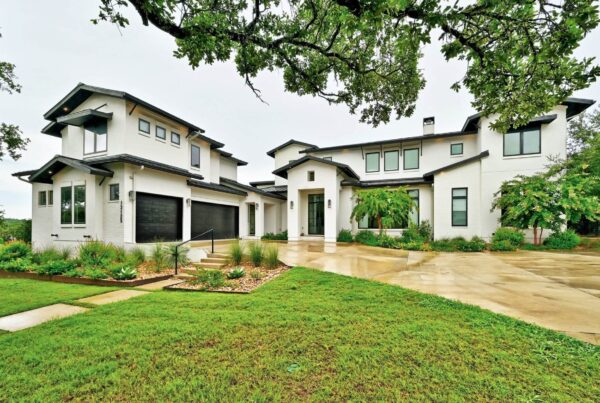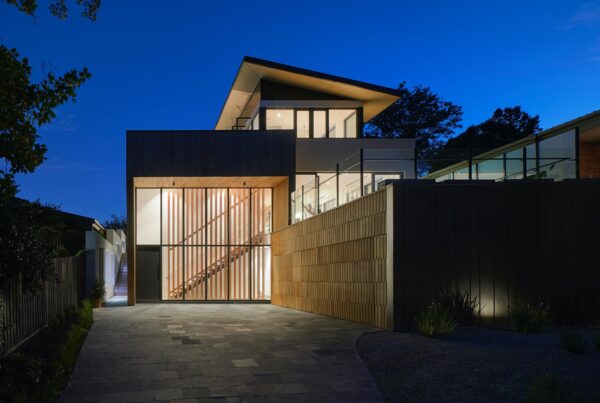
While you might not think seasonality can have a big influence on a home’s sales price, it can make a huge difference – in some cases, as much as 10%.
Seasonality of Real Estate—What are the Key Factors?
- Weather-Depending on climate, weather can impact the seasonality of real estate differently. In some popular ski resort towns, homes prices skyrocket during the winter months. In other areas, winter impacts the market negatively. Buyers and seller alike need to understand how the weather and its seasons can impact real estate values.
- School Year– Studies show the busiest moving times of the year occur during the summer. June is the busiest month. July 31 is the single busiest moving day of the year. This data means that people are most likely to shop the housing market from mid-April through the summer months.
- Holidays– Sellers often do not want to move or uproot their family during the holidays. For this reason, the period between November and January can be low in real estate. Many people do not want to add a move on top of all the extra obligations of the holiday season. However, as a buyer, if you find a willing seller, the holidays are a good time to leverage a lower priced market combined with some holiday vacation days!
What Does Seasonality Mean for Home Buyers?
For a home buyer, it’s better to buy in an “off season.” You will have more negotiating room, less competition, and overall lower prices for the houses on the market during the off season. In addition, sellers may be more willing to give more concessions. As a buyer, don’t hesitate to ask for money for repairs or a longer closing period during the leaner selling months.
What Does Seasonality Mean for Home Sellers?
If you are a seller, you want to sell during those summer months. Summer finds the competition more fierce and the market hot. You love multiple offers and bidding wars as a seller. However, the downside is that when you are a seller, you are usually also a buyer. In an ideal world, sell in the spring/summer months to make the most profit on the home that you are selling. Then find a 4-6 month temporary living arrangement that allows you to wait to buy until the winter or holiday months when seasonality and lower prices are typically on your side as a buyer.
I’m Thinking of Buying/Selling. What Are My Next Steps?
If you are working with a real estate agent, ask for market metrics for different seasons in your area. By comparing metrics across months and years, you’ll be able to identify significant peaks and lows in your current market and determine the ideal selling and buying periods. Interested in the Central Texas area? Let’s talk! We will provide you with market trends of any area you are interested in and a seasonal analysis of the best time to buy or sell! Just click here to get started!





